- +033 2572 7171
- info@dhanvantary.com

4.5 Rating | 4500 Review

4.5 Rating | 4500 Review
Chronic Kidney Disease (CKD) is a progressive condition characterized by the gradual loss of kidney function over months or years. The kidneys play a critical role in filtering waste products, toxins, and excess fluids from the blood, maintaining electrolyte balance, and regulating blood pressure. When kidney function declines, these essential processes are impaired, leading to significant health complications.

CKD is categorized into five stages based on the glomerular filtration rate (GFR), with Stage 1 indicating mild dysfunction and Stage 5 being end-stage renal disease (ESRD), requiring dialysis or a kidney transplant for survival.
CKD is a global public health challenge, with increasing prevalence due to the rising burden of non-communicable diseases.
According to recent estimates, 10-15% of the global population is affected by CKD.
CKD is among the top 10 leading causes of death worldwide, as reported by the Global Burden of Disease study. Management of kidney diseases is not affordable for everyone and creates a great financial burden. So, Ayurveda has become the new ray of hope for kidney sufferers. Herbs have the healing properties which help to resolve various ailments. In Ayurveda, not only the symptoms of diseases are suppressed but it is a holistic approach to resolve the diseases from root.
In Ayurveda, CKD is considered a progressive disease involving:
Ayurveda focuses on halting progression, detoxifying the body, and rejuvenating kidney tissues.
Customized therapies are suggested based on the patient's condition:
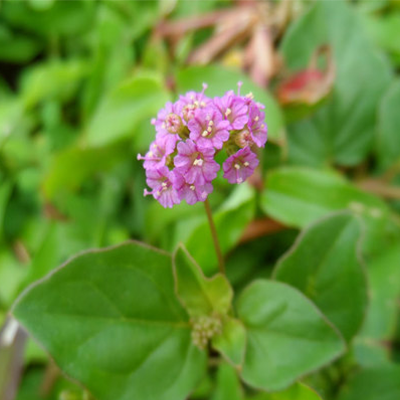
Diuretic and anti-inflammatory; reduces swelling.
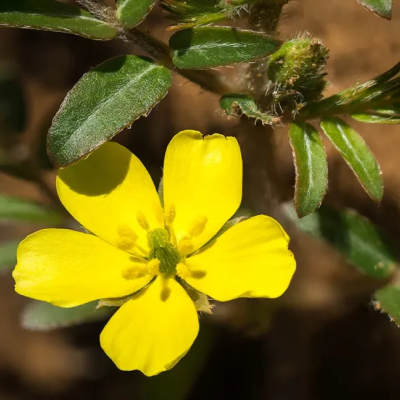
Strengthens urinary channels and improves kidney function.
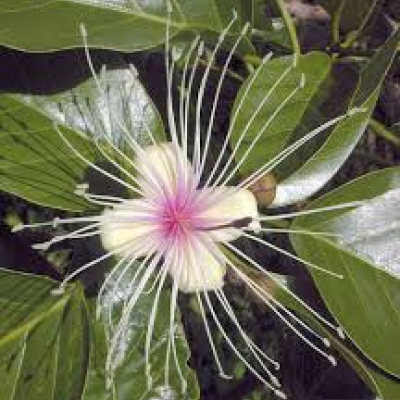
Reduces blockages and improves urine flow..
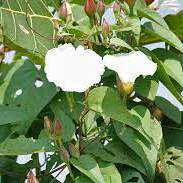
Classical formulation for urinary health.
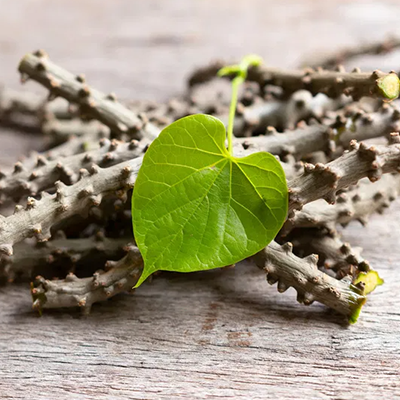
Boosts immunity and reduces inflammation.
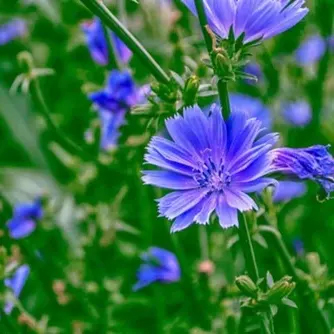
Supports kidney detoxification and rejuvenation.
